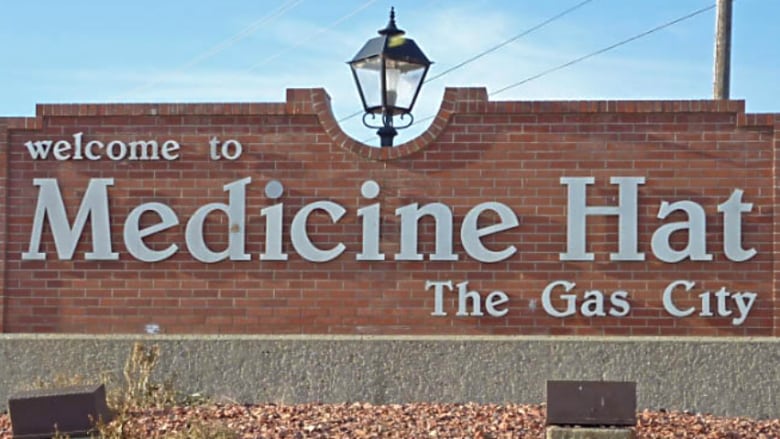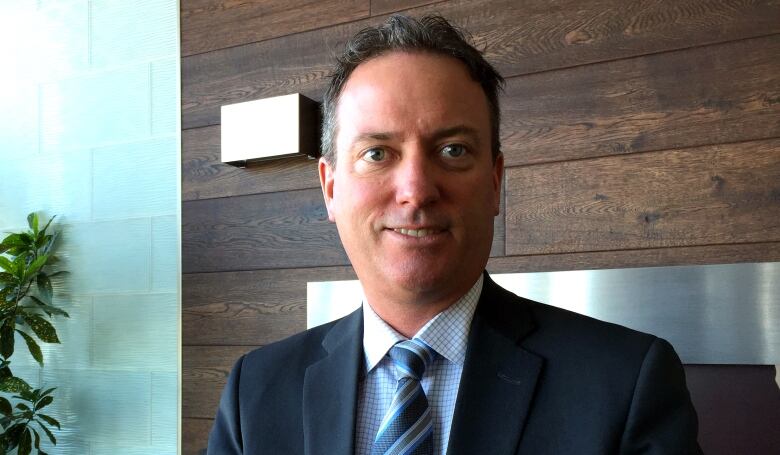Medicine Hat maintaining homeless-free status 2 years on
Mayor Clugston says he's seen an 'aching, burning need' to solve this problem around the world

In 2015, Medicine Hat declared it had ended chronic homelessness in the southern Alberta city.
Two years later, the program responsible is finding more success than itsrepresentatives could have imagined.
"Our definition of ending homelessness never did include the idea that it would never exist again, and that people would never fall back into that state of homelessness," said Jaime Rogers, the manager of homeless and housing at the Medicine Hat Community Housing Society.
"We still need emergency sheltersand we absolutely have people in our community that still experience homelessness."

That said, anyone who ever experiences those times in thecity of more than 60,000 people are only homeless for a period that is "brief and short-lived," she said.
"Years ago we'd have people living in the shelterfor years, now it's measured in days and weeks."
1,072 people housed
Within three days of someone turning up on the housing society's radar, that person is seen by a support worker. Within 10 days, the goal is to have a permanent roof over their head.
It is by that standard the community maintains its goal of ending homelessness.
From the onset of the program in April 2009 to Dec. 31, 2016, the city housed 1,072 people, including312 children. The city has multiple programs available to those who are vulnerable, but their main strategy is housing first.
Rogers estimates their ability to meet people's needs has actually improved and they're better able to meet their goals now than in 2015.
Medicine Hat mayor doesn't take credit
"I wasn't even on board when I was first elected," Medicine Hat Mayor Ted Clugston told CBC.
"It was, 'You're going to end homelessness? Yeah, whatever. You're going to end poverty? Yeah, whatever. What, world peace?' It was these elusive goals that everybody wants to do, but can never do."
The success of the project in his city surprised him as much as anyone.
"They call me the mayor that ended homelessness, but really I have to be the mayor of the city that ended homelessness," he said.
"I didn't do it."
Initiative saves taxpayers money
The homelessness strategy in the city has meant associated declining costs in terms of crime and health care, as well as child welfare services. That's the aspect that really sold Clugston on the project, the idea that he could save taxpayers money by supporting this initiative.

His job now is to advocate for the success of the program across the province, country and globe.
"I can ignore homelessness in Toronto or Vancouver, but ifI have to step over someone on my way to work in my own backyard, you really can't turn a blind eye to that. That's what I try to talk about, a community solution," Clugston said.
He calls on provinces and Ottawa to provide the funding, but then to allow municipalities to implementstrategiesthat makes the most sense wherever they're at.
"What I discovered [in talking about this elsewhere] is that there is basically an aching, burning need around the world to solve this problem."












_(720p).jpg)


 OFFICIAL HD MUSIC VIDEO.jpg)
.jpg)



























































































